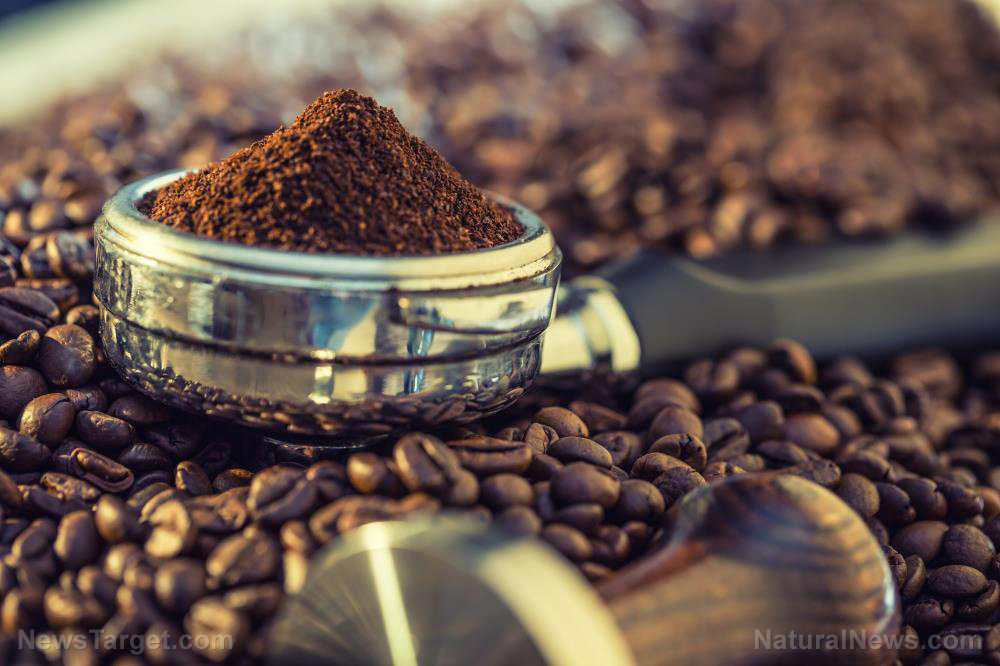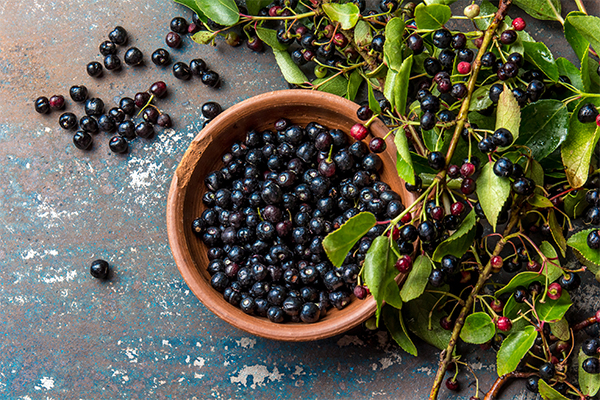The cup saucer plant from India found to prevent, treat type-2 diabetes
10/08/2019 / By Melissa Smith

Eating fruits and vegetables, which are nutritious and rich in beneficial phenolic compounds, protect against conditions related to oxidative stress. The fruits and leaves of a plant in India known as the cup saucer plant (Breynia retusa) may also be consumed to protect against diabetes, according to a study published in the journal Food Science and Human Wellness. In this study, researchers at Bharathiar University in India looked at the antioxidant and anti-diabetic potentials of the fruits and leaves of the cup saucer plant.
The researchers measured the inhibitory potentials of cup saucer fruit and leaf extracts against free radicals, alpha-amylase, and alpha-glucosidase enzymes. Free radicals cause oxidative stress, while alpha-amylase and alpha-glucosidase are two digestive enzymes that play a central role in diabetes. Inhibiting these enzymes can reduce the breakdown of starch into glucose in the gastrointestinal tract. This prevents blood sugar spikes after a meal.
They also looked at the nutritional and total phenolic contents of leaves and fruit of the cup saucer plant. They discovered that cup sauce fruit and leaf extracts have high amounts of total phenolics, vitamin C, and vitamin E. These compounds scavenge free radicals to protect against oxidative stress-related disorders like diabetes. In addition, the extracts also inhibited alpha-amylase and alpha-glucosidase enzymes, which might regulate high blood sugar levels and other diabetic complications.
With these findings, the researchers concluded that the fruits and leaves of the cup saucer plant may be used as a nutritional food supplement against disorders related to oxidative stress, such as diabetes and diabetic complications.
More natural ways to prevent diabetes
The Centers for Disease Control and Prevention (CDC) estimates that more than 100 million adults in the U.S. are living with diabetes or prediabetes. Both diabetes and prediabetes can cause health complications, such as nerve, kidney, and heart damage. Up to 70 percent of people with prediabetes develop Type 2 diabetes, but the good news is it can be delayed or even prevented. Here are several ways to help prevent or delay diabetes:
Get moving – Exercising regular can help you lose weight, reduce your blood sugar, and boost your insulin sensitivity, which helps regulate your blood sugar. Follow a fitness program that includes both aerobic exercise and resistance training to reap exercise’s best benefit on diabetes prevention.
Eat plenty of fiber – Adding fiber-rich foods, such as fruit, vegetables, beans, nuts, and whole grains, to your diet may help lower your diabetes risk by improving your blood sugar control. It may also prevent weight gain – a risk factor for diabetes – by helping you feel full. (Related: Prevent diabetes with plant-based diets: It’s not just cutting sugar and carbs, it’s eating veggies and whole grains.)
Lose extra weight and keep it off – Being overweight or obese puts you at a greater risk of developing diabetes. Losing extra weight does not have to be drastic because every pound you lose can improve your health. In one large study, participants who lost a modest amount of weight – which was about seven percent of their initial body weight – and exercised regularly cut their diabetes risk by nearly 60 percent.
Read more stories on how to prevent diabetes naturally at PreventDiabetes.news.
Sources include:
Submit a correction >>
Tagged Under:
alternative medicine, anti-diabetes, antioxidants, blood sugar, Breynia retusa, cup saucer, diabetes, diabetes cure, diabetes prevention, diabetes science, Diabetes treatment, disease treatments, folk medicine, food cures, food is medicine, food science, food supplement, fruits, functional food, herbal medicine, Herbs, Indian medicine, medicinal plants, natural cures, natural medicine, natural remedies, nutrition, oxidative stress, prevent diabetes, prevention, remedies, research, supplements
This article may contain statements that reflect the opinion of the author
RECENT NEWS & ARTICLES
COPYRIGHT © 2017 PREVENTDIABETES.NEWS
All content posted on this site is protected under Free Speech. PreventDiabetes.news is not responsible for content written by contributing authors. The information on this site is provided for educational and entertainment purposes only. It is not intended as a substitute for professional advice of any kind. PreventDiabetes.news assumes no responsibility for the use or misuse of this material. All trademarks, registered trademarks and service marks mentioned on this site are the property of their respective owners.





















